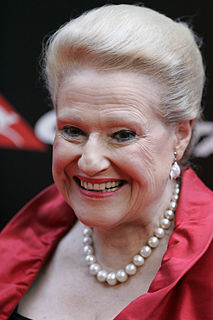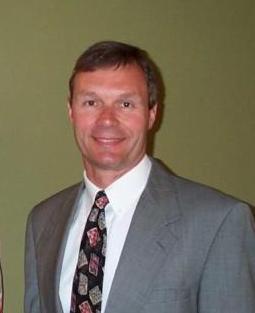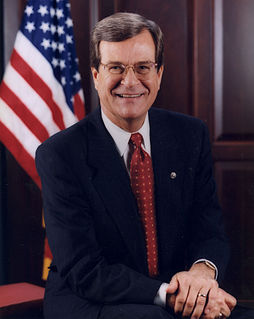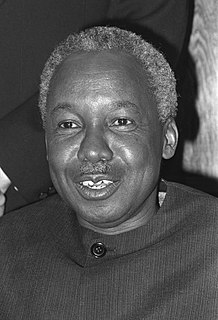A Quote by Arundhati Roy
Thousands of years of ideological, philosophical and practical decisions were made. They altered the surface of the earth, the coordinates of our souls. For every one of those decisions, maybe there's another decision that could have been made, should have been made.
Related Quotes
In their zeal for particular kinds of decisions to be made, those with the vision of the anointed seldom consider the nature of the: process: by which decisions are made. Often what they propose amounts to third-party decision making by people who pay no cost for being wrong-surely one of the least promising ways of reaching decisions satisfactory to those who must live with the consequences.
A hundred years ago-even 20 or 30 years ago-it was possible, if not always easy, to close major business by calling on and satisfying a key decision-maker. Today, every piece of business entails multiple decisions, and those decisions are virtually never made by the same person. Not only do you have to contend with multiple decisions, but the people who make those decisions may not even work in the same place.
Actually, I can't take credit for any of my decisions. I noticed one day that all my decisions were making themselves, and always at the right time. I haven't had to make one decision since then. They are always made for me, and they come from the wisdom that is in us all. I trust that wisdom completely. That trust itself was a decision made for me as inquiry cleared my mind. No decision, no fear.
When we first got married, we made a pact. It was this: In our life together, it was decided I would make all of the big decisions and my wife would make all of the little decisions. For fifty years, we have held true to that agreement. I believe that is the reason for the success in our marriage. However, the strange thing is that in fifty years, there hasn’t been one big decision.
People "died" all the time. . . . Parts of them died when they made the wrong kinds of decisions-decisions against life. Sometimes they died bit by bit until finally they were just living corpses walking around. If you were perceptive you could see it in their eyes; the fire had gone out. . . you always knew when you made a decision against life. The door clicked and you were safe inside-safe and dead.
I've never found an important decision made by a great organization that was made at a point of unanimity. Significant decisions carry risks and inevitably some will oppose it. In these settings, the great legislative leader must be artful in handling uncomfortable decisions, and this requires rigor.
When I was younger, I did my first audition at 'Eurovision.' I was about 17. After my first audition, I blacked out; I was just like, 'I can't do this.' I'm not knocking it or anything - it's been around for years. I'm just very, very happy I made that decision myself. I think that's one of the best decisions I've ever made.






































